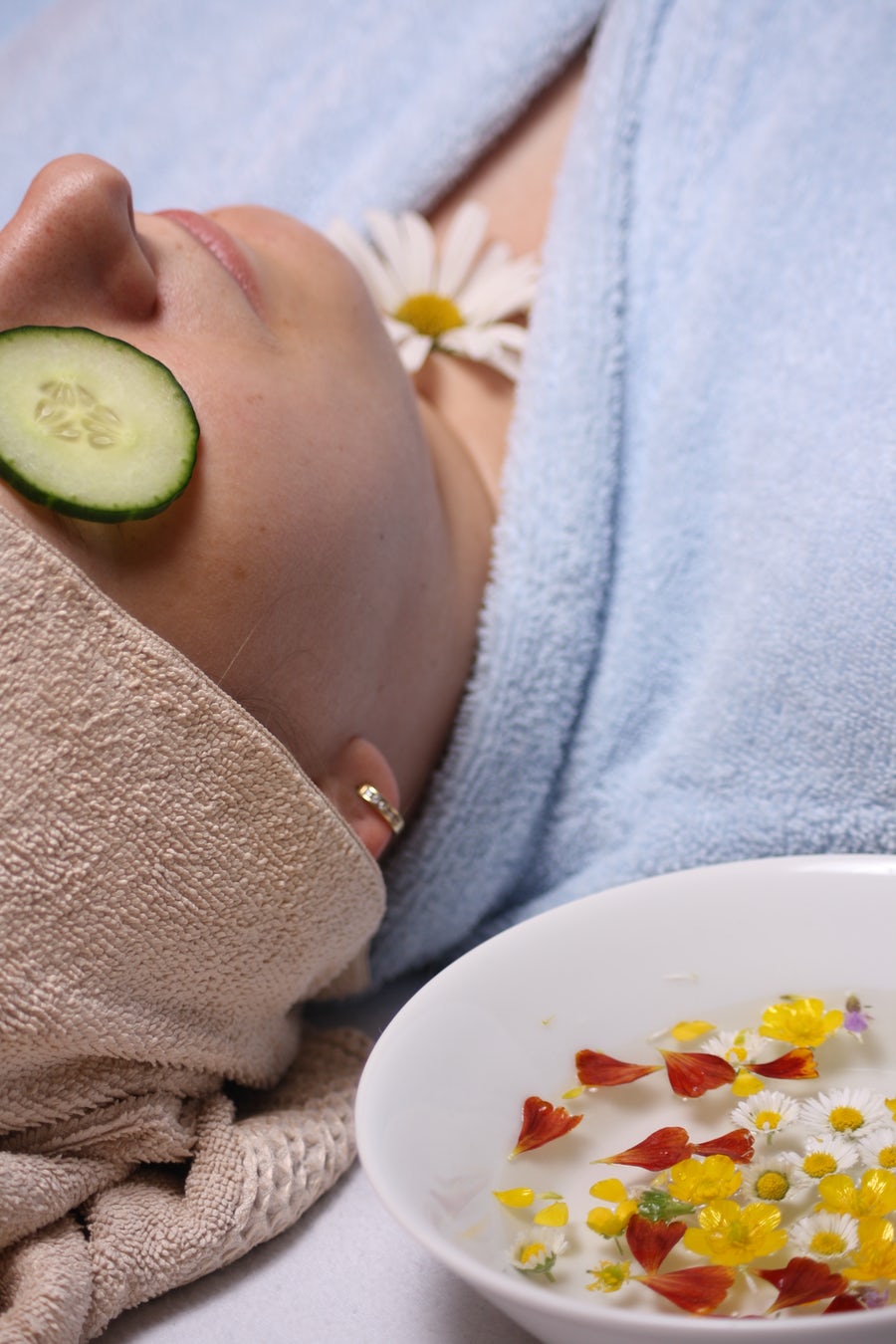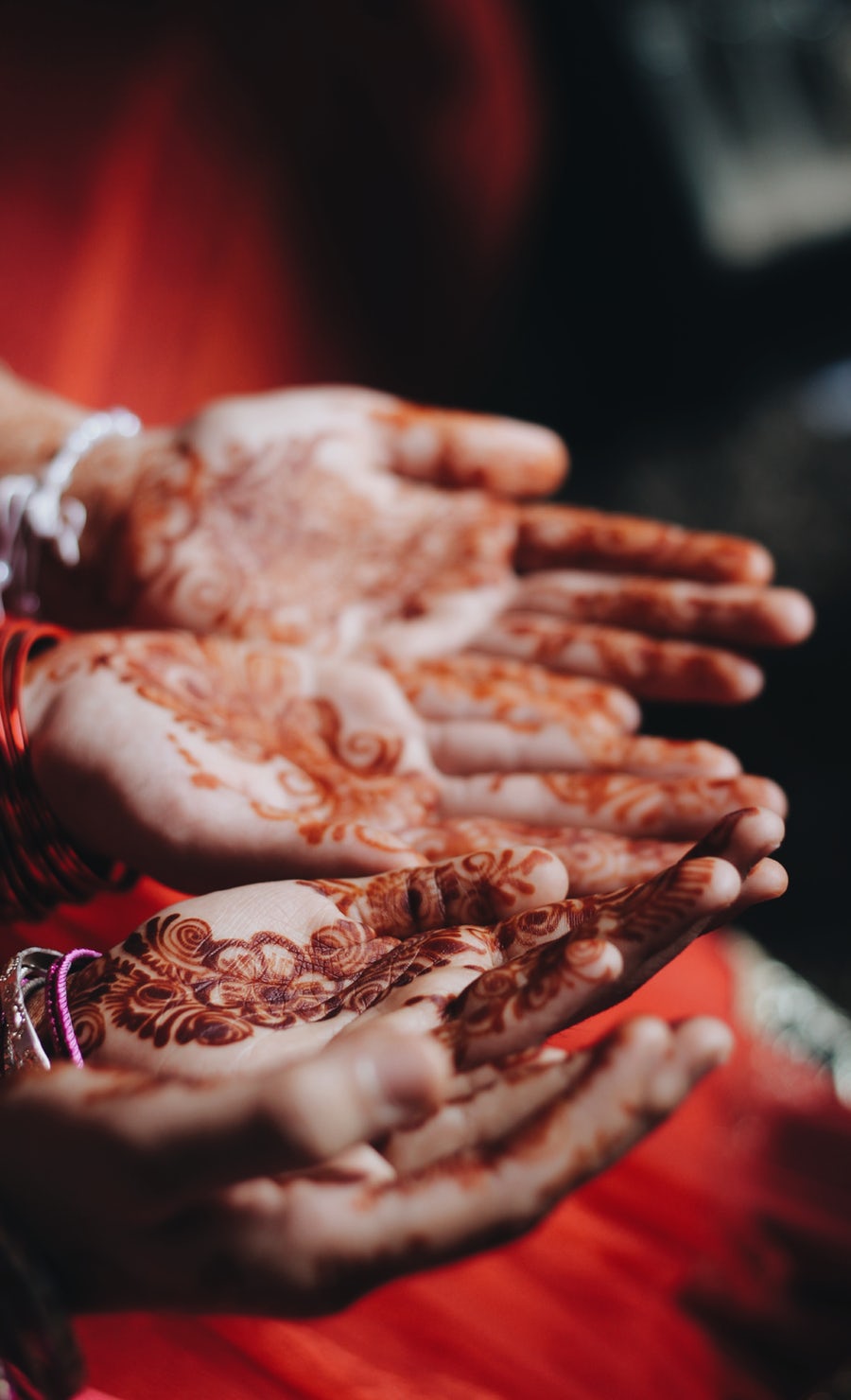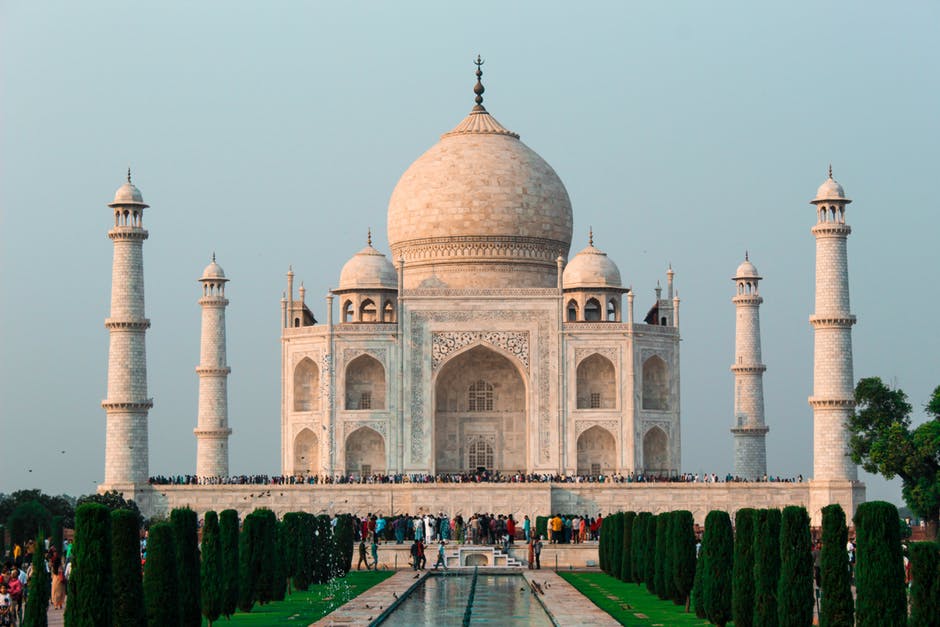As you read this issue of the newsletter, I’m planning to travel to India to participate at a clinic to learn about the practice of panchakarma. For the uninitiated—as I was until recently—panchakarma is a fivefold detoxification treatment involving massage, herbal therapy, cleansing, and other procedures—the result is a total mind-body rejuvenation. Its roots in Indian alternative medicine encouraged me to go right to the source. It will be quite an adventure, and I look forward to describing my experience in a future newsletter.
I happily agreed to participate in this personal exploration because of my increasing and compelling attraction to the 3,000-year-old Indian tradition of Ayurvedic medicine. It’s a challenge to describe the basics of this extensive alternative medicine— but let’s try. 🙂

Ayurvedic medicine is one of the world’s oldest whole-body healing systems, based on the belief that health and wellness are a delicate balance of mind, body, and spirit.
This belief has more and more been the basis of my interest in how people get and stay healthy. Now that I cast my mind back, it might have started way back—ever since I was a physical education major wondering why I couldn’t play basketball very well after a night of drinking beer. :))
Another reason for my interest is that Ayurvedic medicine practice is based on the goal of preventing illness, rather than curing it. That focus has always made a lot of sense to me.

The panchakarma practice is a group of five actions used as a cleansing and rejuvenating regimen for body, mind, and consciousness. They are used to help clear the body of the deleterious effects of disease, environmental toxins, and poor nutrition. These are the five actions for the traditional cleanse:
• Daily warm oil massage (abhyanga)
• Herbal steam therapy (swedana)
• Lymphatic massage (rasa)
• Herbal enemas (basti)
• Nasal administrations (nasya)
The basis for this practice is the belief that when we cannot completely digest our food, experiences, and /or emotions, toxins develop in the body creating an imbalance and ultimately disease. The following link is a useful for further explanation:
For more- https://www.ayurvedichealing.net/panchakarma/
Denise’s
 2 Cents:
2 Cents:
I am very fortunate to be able to participate at the clinic in Coimbatore, India, with practitioners who understand both allopathic (Western medicine—the medicine of treating and curing disease and illness), and Ayurvedic medicine. Through my experience in India, I am hoping to learn additional ways to enable us to stay on this planet longer, while enjoying that time with strength and purpose. I am psyched to be able to absorb this new knowledge, and really intend to integrate it into my work back home.
